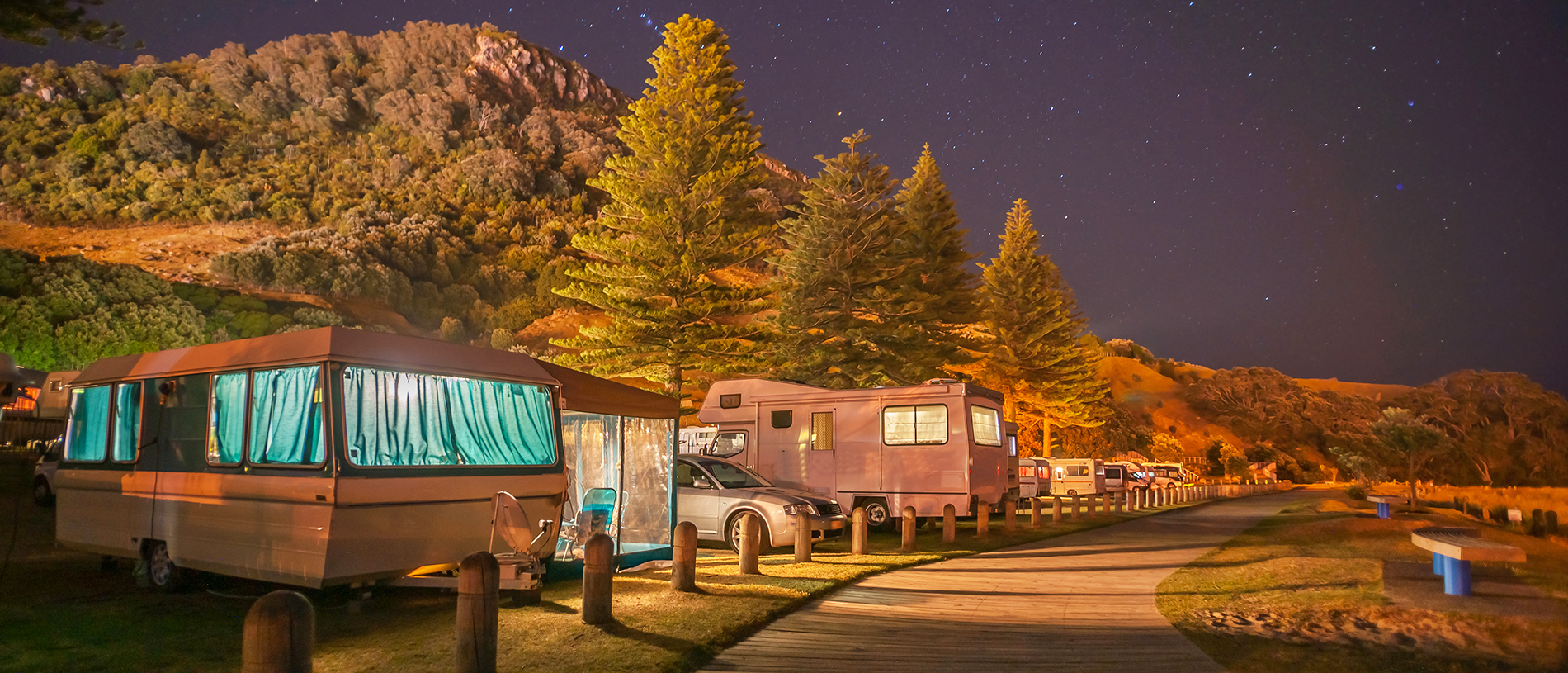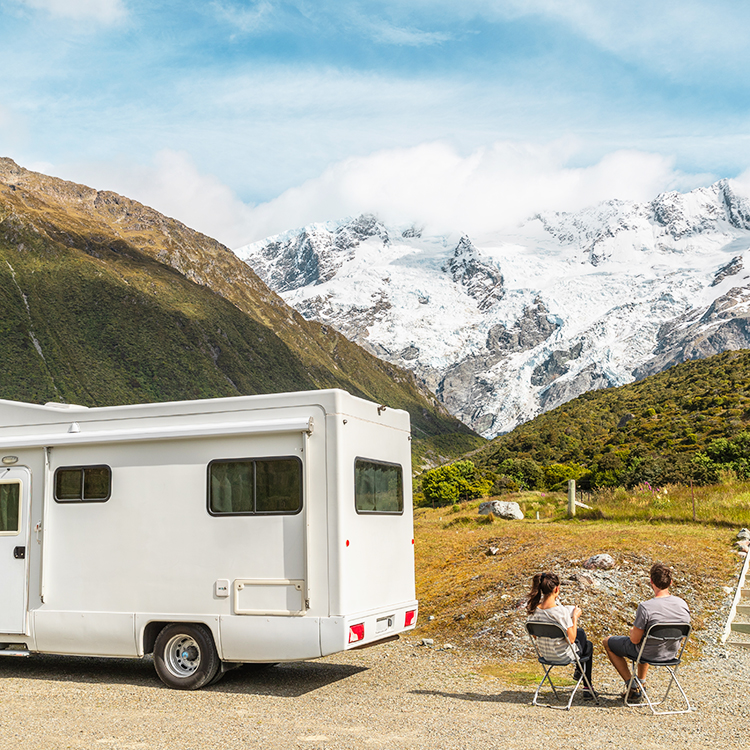
e-Scooter safety
With the growing popularity of e-scooters in our towns and cities, we explain the risks of riding and the best ways to stay safe.

Should you buy a new campervan from a dealership or importer? Are second-hand campers a good buy and if so, which hold their value best? Or should you buy a standard van and convert it?
First of all, work out what you need, or want, from your campervan and what your budget is. To determine what you need, think about how you’ll be using your camper. Criteria to consider includes how many people will use the camper, how long or how far your will trips be, and where you will keep it when it's not in use. For people with restricted storage options, pop-top campers are increasingly popular as they take up less space. These vehicles can also be used as daily drivers.
If you’re just going on short trips perhaps you can live with fewer facilities. Do you really need a sink and cooker built in? Or will a small portable gas stove work for you? Can you live without bathroom facilities?
Typically there are smaller campervans, caravans, and then A, B and C Class motorhomes, which are differentiated by size, construction and features. Class A is the largest class and resembles a bus. Class B is the smallest class where the body is a retro-fitted commercial van, usually with a raised roof. Class C is the most popular class in New Zealand and usually has a bed that sits over the driver’s cab.
The next step will be to compare what you want with your available budget. New, modern style four-berth European motorhomes start above $200,000, according to Pieter Koekemoer, Director at RV Finders, New Zealand’s first and only motorhome and caravan broker.
“The search for a luxury camper or caravan is filled with high expectations. But getting clear on your budget is an important first step,” Pieter says.
However, the good news for buyers is that he is being inundated with sellers looking to move their motorhomes on to a new home, so there’s lots of choice.
Generally, the newer the campervan, the better its resale value. It is also important to consider the model and make of the campervan. Robyn Dallimore, publisher and editor of RV Lifestyle magazine says, “for the last two years, everything has held its value, and in many cases motorhomes that were $130,000 brand new are now selling for $150,000 to $170,000 for the same vehicle with extra kilometres on the clock. This is due to supply issues during the pandemic. And with ongoing cab chassis supply issues worldwide, this could continue for another year or two.”
“Condition and age of caravans and RV products are very relevant to the price or holding value of a vehicle,” Robyn continues. “It’s important to look for regularly serviced vehicles that have been well maintained. Check the exterior is not leaking and the under carriage, chassis, roof and windows are all intact and well maintained. Ensuring the motorhome has been regularly serviced keeps the warranties on the motorhome body valid. This will help maintain the value of any caravan or RV.”

If you’re looking for a low to mid-range vehicle, the older, popular brands hold their value well, Pieter says. “The Toyota Coasters, Kea Dreamtimes, Nissan Civilians and Leisureline caravans are all great choices. The newer models are all holding their value as well, especially the German brands (Carado, Burstner, Dethleffs) and well-known local brands such as Traillite motorhomes.”
Larger campervans tend to hold their value better than smaller campervans, since they provide more space and amenities.
Campervans with modern features such as solar panels, air conditioning and a kitchenette will hold their value better than those without.
“Even if people are buying at the top of the market, I can’t see that they would lose money, since owning a campervan is a lifestyle choice. In my experience, the depreciation of a motorhome or caravan is very low,” Pieter says.
In all cases, Pieter and Robyn recommend doing your homework. Get an independent valuation and make sure you complete the necessary engine and habitation checks.
Story by Kathy Catton for the Summer 2023 issue of AA Directions Magazine. Kathy Catton is a freelance writer from Canterbury.